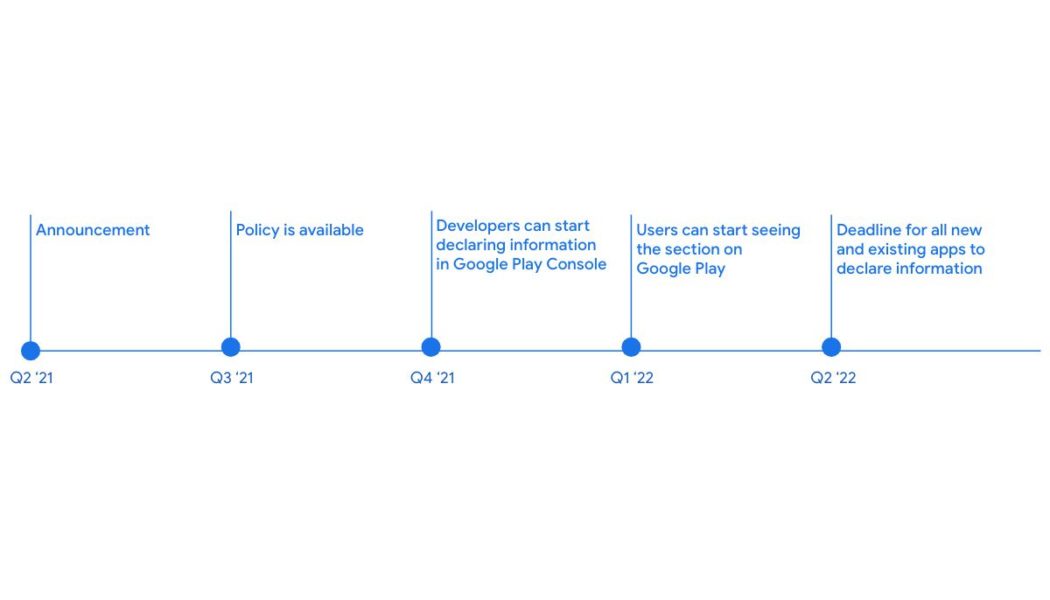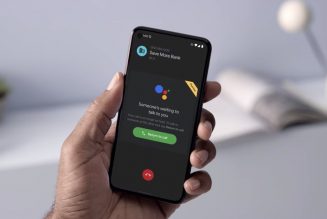Starting next year, apps on Google Play will show details about what data they collect, as well as other information about their privacy and security practices, in a new safety section in their listing. The announcement comes just a few months after Apple started displaying similar privacy information in the App Store. In the same way Apple’s policy covers both its own apps and those developed by third parties, Google says its first-party apps will also be required to provide this information.
According to Google, the initiative is meant to “help people understand the data an app collects or shares, if that data is secured, and additional details that impact privacy and security.” The section will detail what user data an app has access to (like location, contacts, or personal info like an email address), but Google says it also wants to let developers give context to explain how it’s used and what it means for their apps’ functionality.
:no_upscale()/cdn.vox-cdn.com/uploads/chorus_asset/file/22496005/Screen_Shot_2021_04_22_at_11.29.30_AM.jpg)
In particular, Google says apps will give information about whether data is encrypted, whether they comply with Google’s policies around apps aimed at children, and whether users can opt out of data sharing. Google says the information will also highlight whether a third party has verified the app’s safety section, and whether users can request that their data be deleted.
The new policy won’t come into effect for several months, and Google says this should give developers enough time to implement the changes. It says developers will be able to start declaring the new privacy information in the fourth quarter of this year, and that this will start being shown to users in the first quarter of 2022. New apps and app updates will be required to include these new privacy details from the second quarter of 2022, and apps that don’t could eventually see their updates being blocked.
This new initiative to provide more information about data privacy and security follows Google’s recent announcement that it’s overhauling how apps are allowed to present themselves on the Google Play Store. Although an exact enforcement date is yet to be announced, eventually app listings won’t be allowed to use tricks to try and make themselves excessively eye-catching, like writing words in all-caps, or using emoji in app names. Google says more information on the new policies will arrive in the second half of this year.










